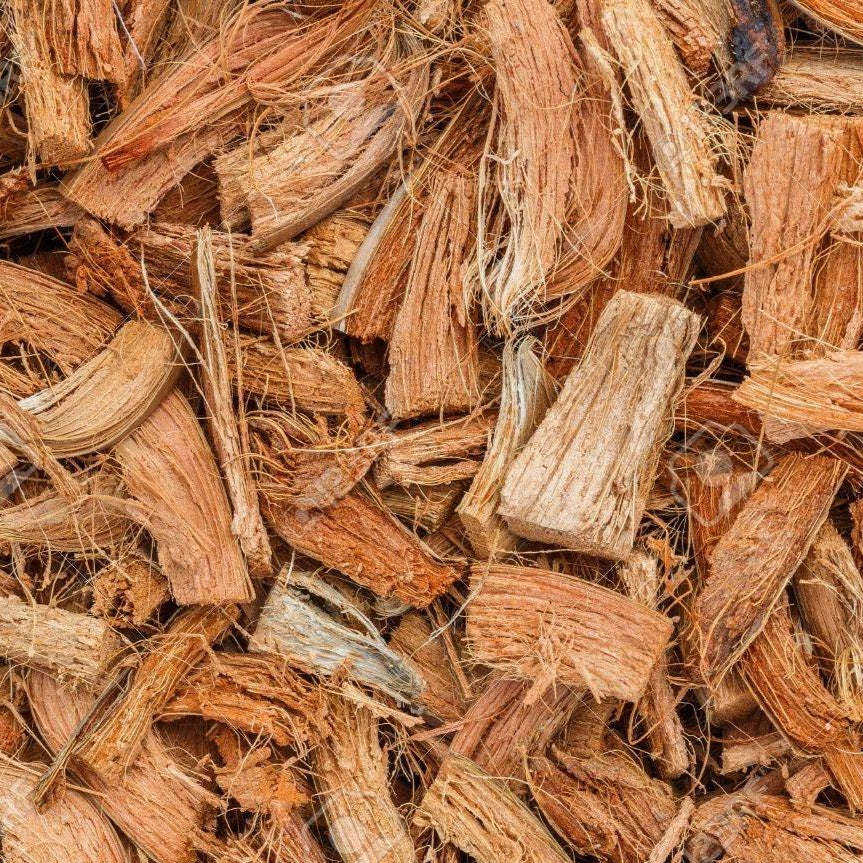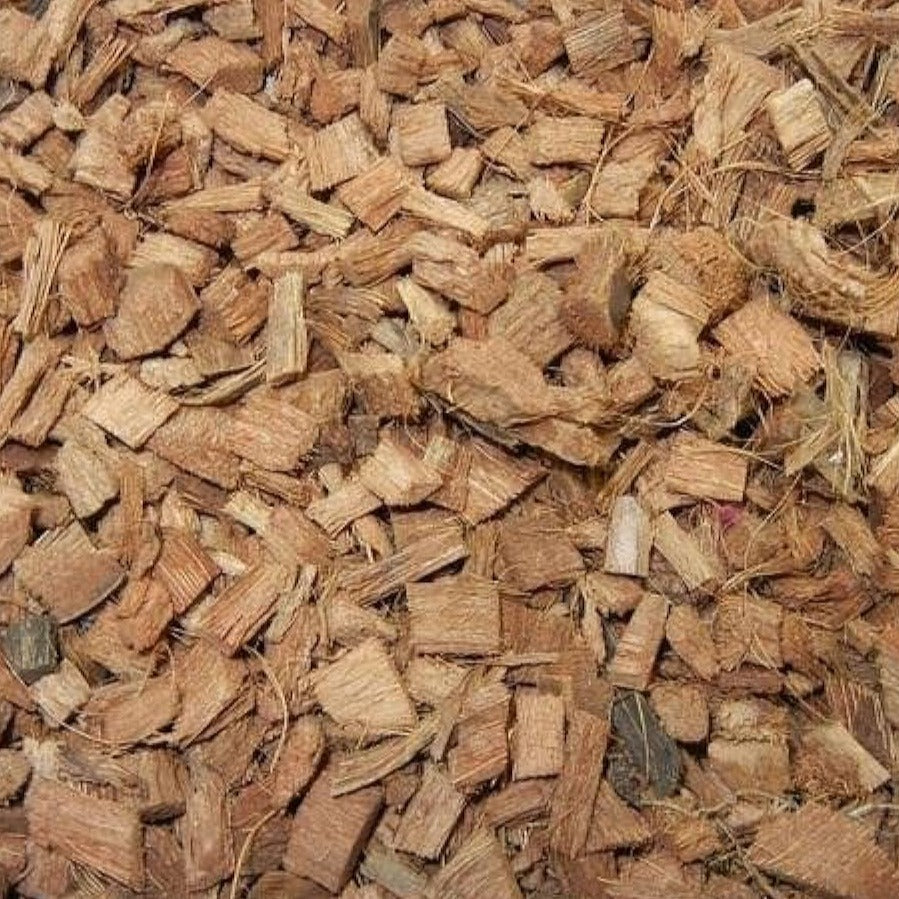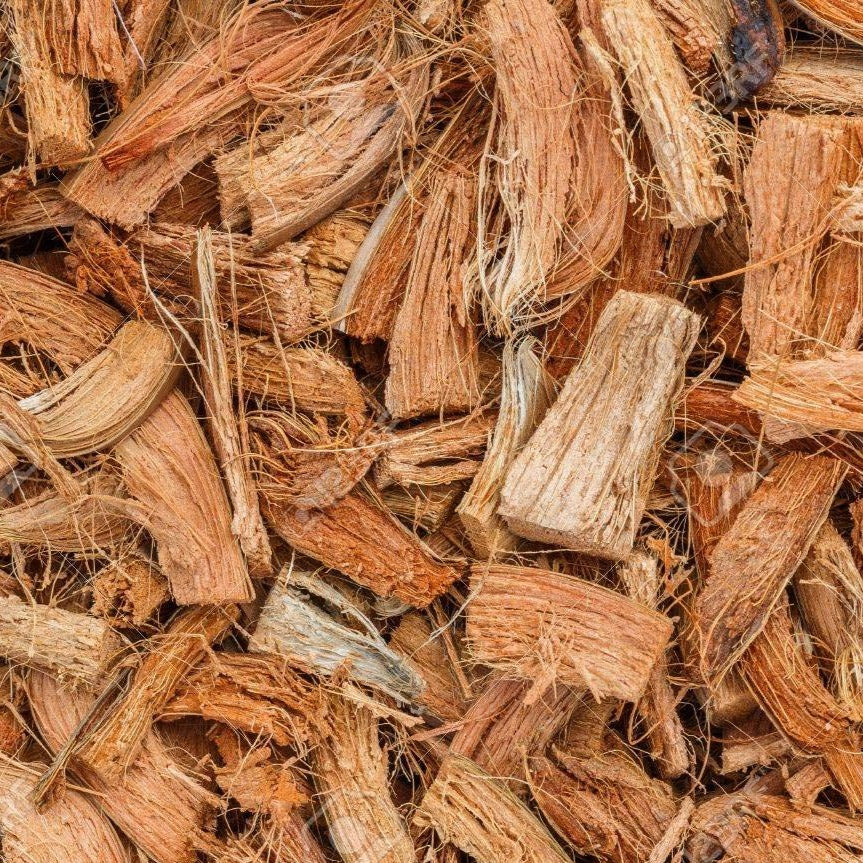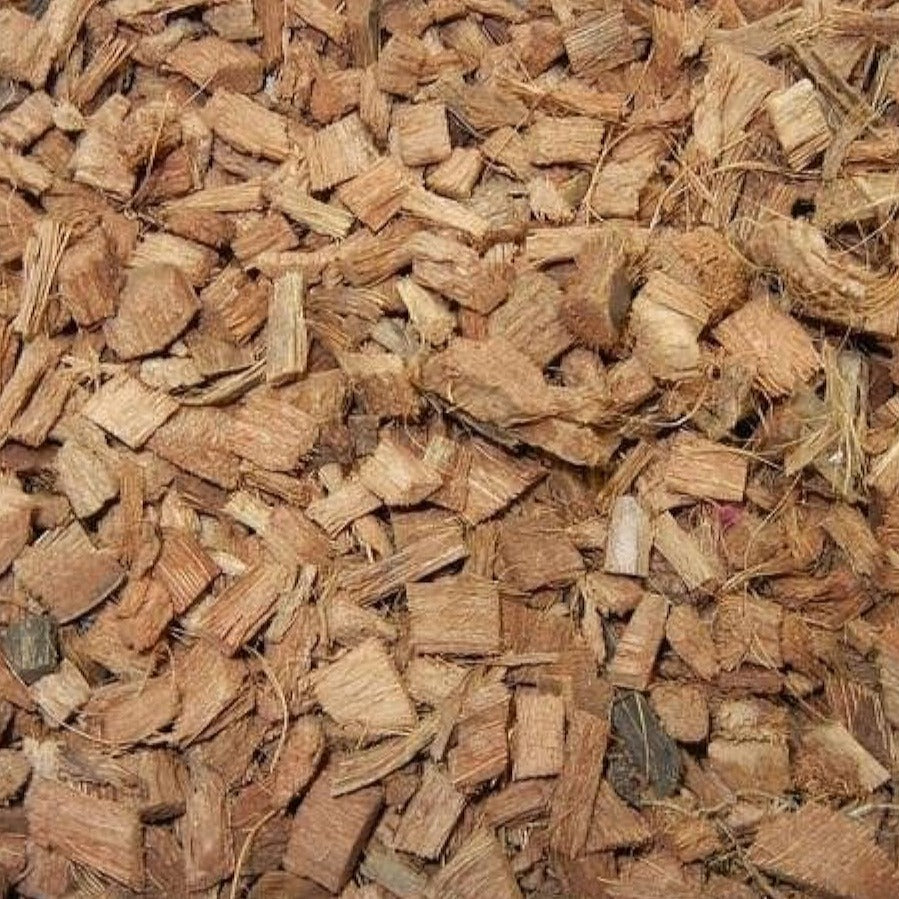Good Food Bar
Coconut Husk Chips (Narkel Chobra)
Coconut Husk Chips (Narkel Chobra)
Regular price
Rs. 119.00
Regular price
Rs. 299.00
Sale price
Rs. 119.00
Unit price
per
Couldn't load pickup availability
"Dhuno," also spelled as "dhoop" or "dhupa," refers to aromatic incense used in Hindu religious rituals, ceremonies, and Poojas (worship rituals). Pure Dhuno is typically made from natural ingredients, such as aromatic resins, herbs, and spices, without the use of synthetic fragrances or chemicals. Here's how pure Dhuno is used in Poojas:
1. **Purification:** Dhuno is often used at the beginning of a Pooja to purify the space and create a sacred and spiritually conducive atmosphere. It is believed that the fragrant smoke from burning Dhuno dispels negative energies and invites positive vibrations.
2. **Offerings:** During the Pooja, Dhuno may be offered as part of the ritual to deities. The fragrant smoke is considered an offering to the divine, symbolizing devotion and reverence.
3. **Aromatherapy:** Dhuno is known for its aromatic properties, and the pleasant scent it releases is believed to enhance concentration, meditation, and a sense of spiritual connection. It can be used to set the mood for contemplative practices.
4. **Spiritual Cleansing:** Some individuals use Dhuno for personal spiritual cleansing. They may pass the smoke over themselves to purify their aura or energy before engaging in prayer or meditation.
5. **Sadhana (Spiritual Practice):** In certain spiritual practices, Dhuno is used to create a peaceful and meditative environment. It helps practitioners enter a focused state of mind and engage in their spiritual sadhana (discipline).
Pure Dhuno is traditionally made from natural substances like Frankincense resin, Myrrh resin, Benzoin resin, Sandalwood powder, herbs, and other aromatic ingredients. It is often prepared by mixing these ingredients into a paste or dough, which is then formed into cones or sticks for burning. The fragrant smoke that arises when Dhuno is burned is considered sacred and is an integral part of many Hindu rituals.
When using Dhuno in Poojas, it's important to follow the specific practices and traditions of your religious or cultural tradition to ensure that it is used correctly and respectfully. Additionally, the choice of Dhuno can vary based on regional preferences and personal beliefs, so consulting with a knowledgeable priest or religious authority is advisable for guidance on its proper use in your specific tradition or ceremony.
1. **Purification:** Dhuno is often used at the beginning of a Pooja to purify the space and create a sacred and spiritually conducive atmosphere. It is believed that the fragrant smoke from burning Dhuno dispels negative energies and invites positive vibrations.
2. **Offerings:** During the Pooja, Dhuno may be offered as part of the ritual to deities. The fragrant smoke is considered an offering to the divine, symbolizing devotion and reverence.
3. **Aromatherapy:** Dhuno is known for its aromatic properties, and the pleasant scent it releases is believed to enhance concentration, meditation, and a sense of spiritual connection. It can be used to set the mood for contemplative practices.
4. **Spiritual Cleansing:** Some individuals use Dhuno for personal spiritual cleansing. They may pass the smoke over themselves to purify their aura or energy before engaging in prayer or meditation.
5. **Sadhana (Spiritual Practice):** In certain spiritual practices, Dhuno is used to create a peaceful and meditative environment. It helps practitioners enter a focused state of mind and engage in their spiritual sadhana (discipline).
Pure Dhuno is traditionally made from natural substances like Frankincense resin, Myrrh resin, Benzoin resin, Sandalwood powder, herbs, and other aromatic ingredients. It is often prepared by mixing these ingredients into a paste or dough, which is then formed into cones or sticks for burning. The fragrant smoke that arises when Dhuno is burned is considered sacred and is an integral part of many Hindu rituals.
When using Dhuno in Poojas, it's important to follow the specific practices and traditions of your religious or cultural tradition to ensure that it is used correctly and respectfully. Additionally, the choice of Dhuno can vary based on regional preferences and personal beliefs, so consulting with a knowledgeable priest or religious authority is advisable for guidance on its proper use in your specific tradition or ceremony.



